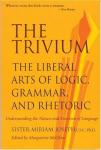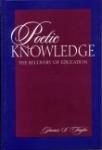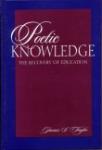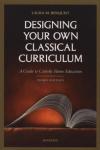Two other movements
Two other movements form the climax of the Church's activity during the Middle Ages. The development of Scholasticism meant the revival of Greek philosophy, and in particular of Aristotle; but it also meant that philosophy was now to serve the cause of Christian truth. Men of faith and learning like Albertus Magnus and Thomas Aquinas, far from dreading or scorning the products of Greek thought, sought to make them the rational basis of belief. A synthesis was thus effected between the highest speculation of the pagan world and the teachings of theology. Scholasticism, moreover, was a distinct advance in the work of education; it was an intellectual training in method, in systematic thought, in severe logical reasoning, and in accuracy of statement. But taken as a whole, it furnished a great object-lesson, the purport of which was that, for the keenest intellect, the findings of reason and the truths of Revelation could be harmonized. Having used the subtilities of Greek thought to sharpen the student's mind, the Church thereupon presented to him her dogmas without the least fear of contradiction. She thus united in a consistent whole whatever was best in pagan science and culture with the doctrine entrusted to her by Christ. If education be rightly defined as "the transmission of our intellectual and spiritual inheritance" (Butler), this definition is fully exemplified in the work of the Church during the Middle Ages. - from the entry on Education in the 1913 Catholic Encyclopedia





